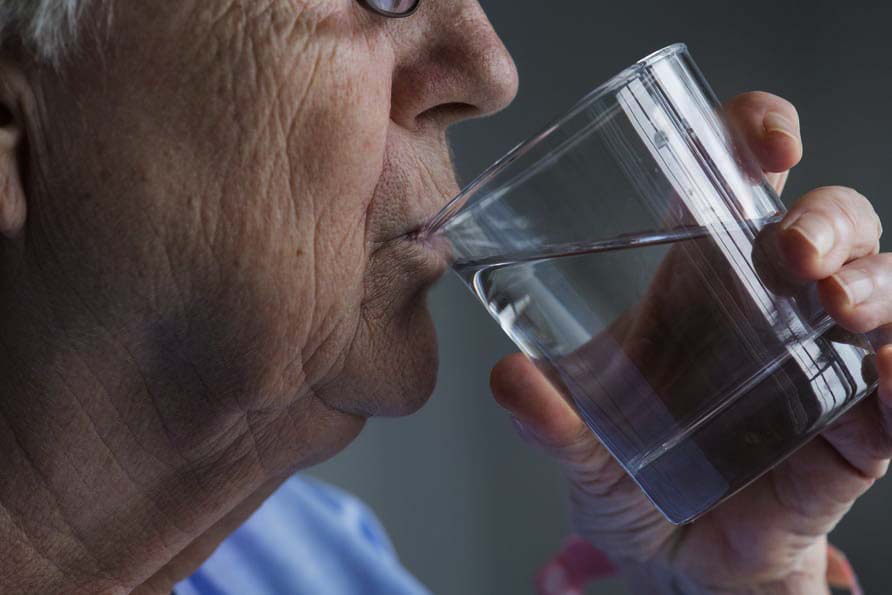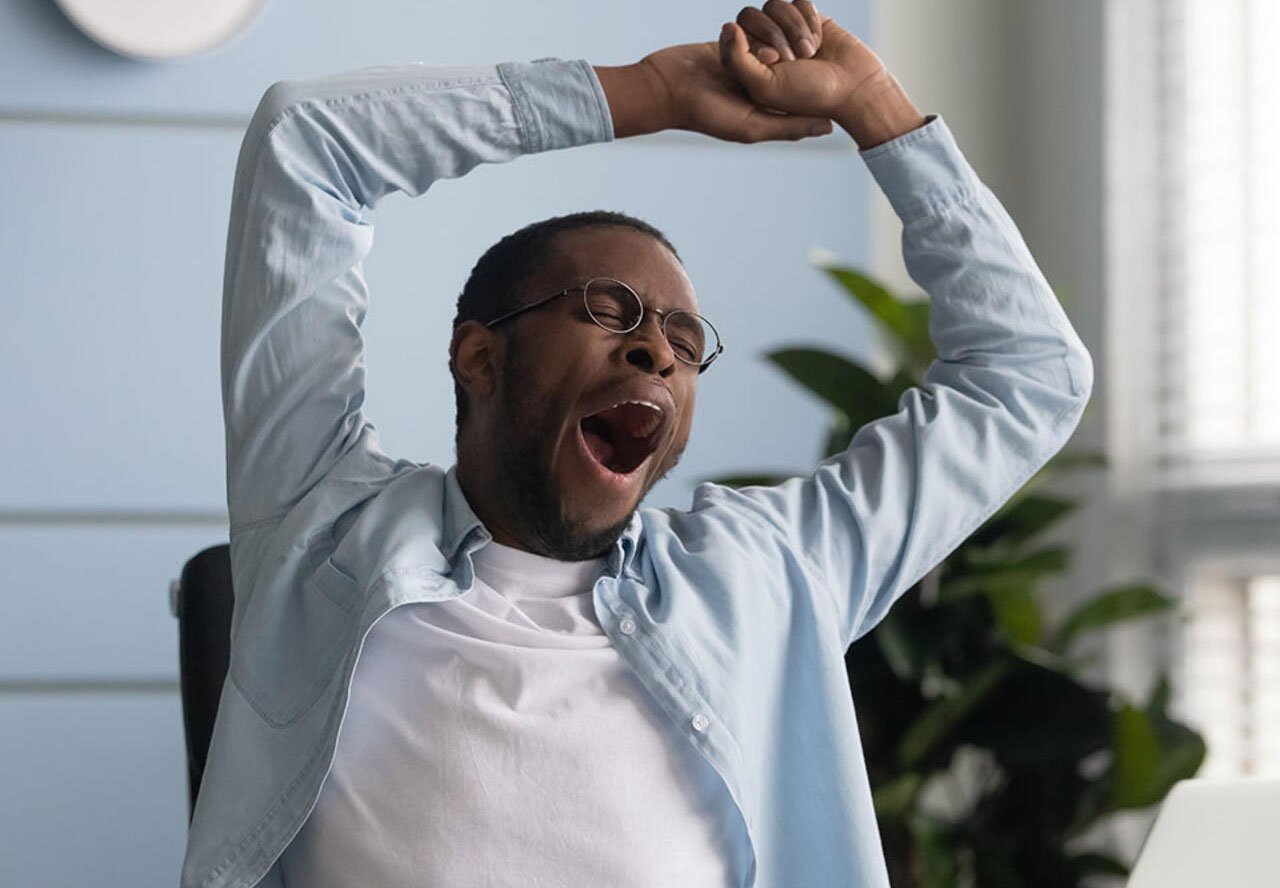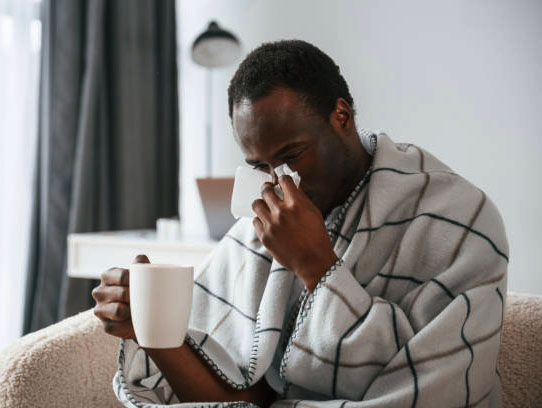Beware of dehydration in the elderly
- Posted on 05/06/2024 15:09
- Film
- By abelozih@sante-education.tg

Extract from the article: The human body is made up of around 70% water. However, water intake can be insufficient, especially in the elderly, putting their health at risk. Dehydration, a condition in which the body loses an excessive amount of water, can have serious consequ
The human body is made up of around 70%
water. However, water intake can be insufficient, especially in the elderly,
putting their health at risk. Dehydration, a condition in which the body loses
an excessive amount of water, can have serious consequences, particularly in
the already vulnerable elderly.
The signs of dehydration in the elderly are
often subtle, but important to detect. Doctor Jean-Claude Bakpatina, General
Practitioner, highlights some of these signs: « dry mouth, decreased
urine production, skin folds, sunken eyes, lower blood pressure and even states
of confusion. The latter, often mistaken for signs of dementia, may actually be
manifestations of dehydration. »
Causes
The causes of this plague can be multiple. « On
the one hand, the elderly can lose too much water, especially during periods of
intense heat when sweating can lead to significant losses.On the other hand,
certain factors, such as diarrhea, vomiting or certain medications, can also
contribute to increased dehydration », explains Dr. Jean-Claude
Bakpatina. However, the sensation of thirst is often diminished in the elderly,
which can lead to them not drinking enough, even when they need to.
Dangers
The dangers of dehydration in the elderly are not to be taken lightly. Indeed, explains the GP, « this condition can have a direct impact on brain function, leading to confusion, hallucinations and memory impairment. What's more, insufficient hydration can also compromise kidney function, leading to chronic renal failure if not treated in time », says Dr. Jean-Claude Bakpatina.
Preventing dehydration in the elderly
Dr. Bakpatina recommends always having water
close at hand and carefully monitoring consumption. « In normal times,
it's advisable to drink at least 3 liters of water a day, but this amount can
increase considerably during hot spells.What's more, it's crucial to remain
vigilant: if the elderly person shows signs of difficulty drinking or hydrating
orally, immediate medical attention is required », he stresses.
Dehydration in the elderly is a serious but
often underestimated problem. By being alert to the signs and taking simple
preventive measures, we can help preserve the health and well-being of frail
people.
William O.




